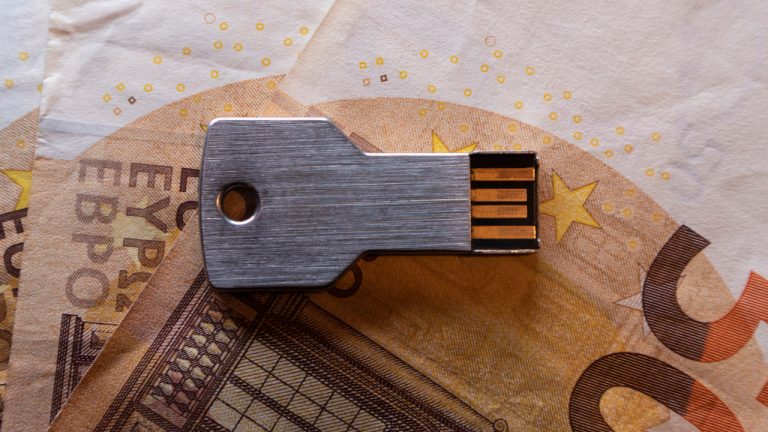
The European Data Protection Board (EDPB) has issued a call for EU institutions to uphold privacy when designing a digital version of the euro. The agency is ready to provide advice on data protection matters surrounding the project. Meanwhile, an ECB executive has vowed that the digital euro will protect users’ privacy.
EDPB Insists Data Protection Should Be a Priority in Eurozone’s CBDC Project
The EDPB has shared its views on the privacy and data protection aspects of a possible digital euro in a letter addressed to European Union institutions. The independent body insists that ensuring privacy and data protection will be decisive for the success of a project to digitalize Europe’s common fiat currency. In an announcement published on its website, the board emphasized:
A very high standard of privacy and data protection is crucial to reinforce the trust of end users and should be considered a distinctive element in the offering of a digital euro, representing a key factor of success.
The agency added that its concerns should be taken into account during the design stage for the Eurozone’s central bank digital currency (CBDC). In the document, the EDPB recommends conducting a high-level data protection impact assessment as well. The body indicates its readiness to provide advice to the ECB and other EU institutions involved in the development of the digital euro.
The European Data Protection Board is tasked to facilitate the implementation of the General Data Protection Regulation (GDPR). It was established in 2018 to replace the Article 29 Working Party. The EDPB issues guidelines and recommendations on the application of the GDPR, which was enforced in May of the same year. It also advises the European Commission on related matters and resolves disputes between national authorities.
Digital Euro to Boost Privacy, ECB Official Vows
On the CBDC front, the Eurozone’s monetary policy regulator is lagging behind other major central banks, such as those of China, Russia, and the U.S. Earlier this month, the ECB said in a report that a digital euro could potentially boost the global appeal of the European fiat currency. A decision on whether to proceed with a digital euro project is expected in mid-2021, officials indicated earlier this year. The Governing Council will discuss the matter at a meeting in July, ECB Executive Board Member Fabio Panetta recently told the Financial Times.

Panetta believes that ECB’s involvement in digital payments would better protect privacy as the bank is not a private company. “We have no commercial interest in storing, managing or monetizing the data of users,” the official noted. A digital euro, he added, would also help the Eurozone to deal with the threat from other digital currencies. While Panetta called cryptos such as bitcoin “very dangerous animals,” he also warned about fiat-backed coins such as Facebook’s diem. He thinks there is “an inherent instability in the function of these coins” due to the potential volatility of their reserves.
The board member revealed that the ECB has already tested mechanisms to separate identities from payment details as well as offline payments for small amounts in which data is recorded only in the wallets of the sender and the receiver. Such transfers, of up to €100 for example, could be done using Bluetooth. “For very small amounts, we could permit really anonymous payments, but in general, confidentiality and privacy are different from anonymity,” Fabio Panetta emphasized. He elaborated that most transactions would be subject to checks to prevent money laundering, financing of terrorism, or tax evasion.
What are your expectations about the future of the digital euro project? Share your thoughts in the comments section below.
Comments
Post a Comment